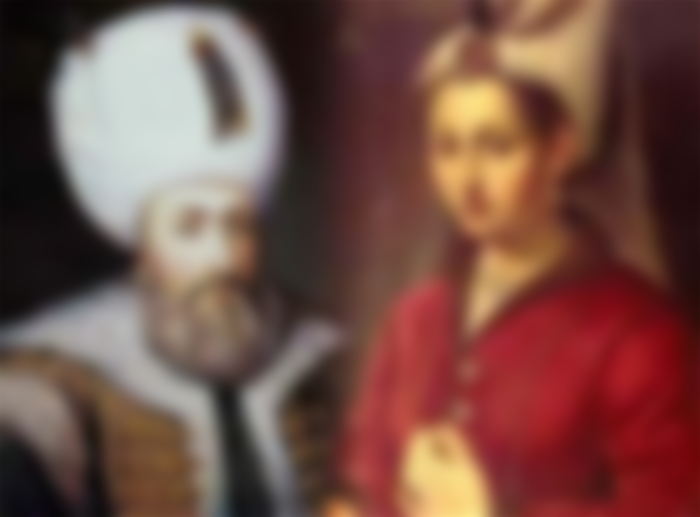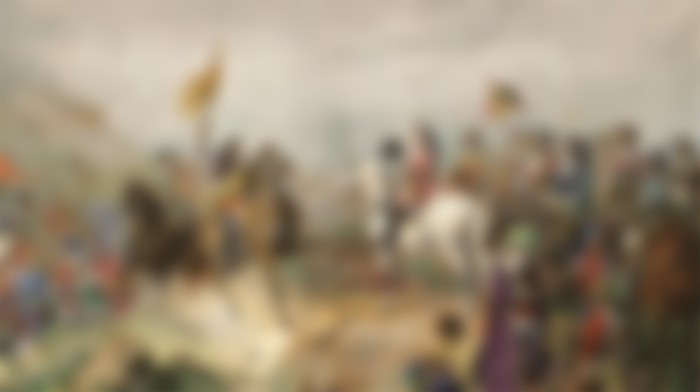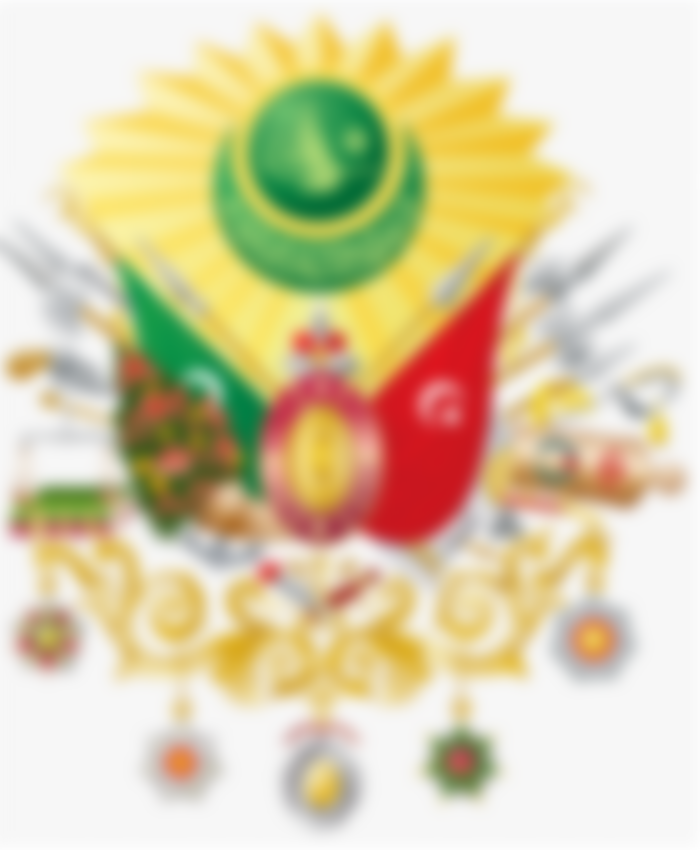On November 6, 1494, the famous Sultan Suleiman the Magnificent was born, probably the most famous ruler in the entire history of the Ottoman Empire.

Interestingly, he was not born in the capital Istanbul, but in the far end of the Empire - in the city of Trapezunt on the Black Sea coast, not far from the border with Armenia and Persia. Namely, Suleiman's father was at that time the governor of the Trapezunt Eyalet, and the Empire was still ruled by Suleiman's grandfather - Sultan Bayezid II.

Suleiman's mother was apparently of Tatar descent. Her name was Ayşe Hafsa or Aisha Hafsa (Aisha was the name of the favorite wife of the Prophet Muhammad). Suleiman loved his mother, and she was given the high title of Valide Sultan when he came to power. Valide Sultan roughly means queen mother and denotes a woman who heads the entire harem and often has great influence in politics.

At the age of 25, he became the 10th Sultan of the vast Ottoman Empire, which was already the most powerful country in the Islamic world. Suleiman I admired Alexander the Great and, following his example, intended to conquer the whole world. In 46 years of rule, he doubled the surface of the country. He completed the conquest of Serbia, occupied the island of Rhodes, much of Hungary and Yemen, Iran, Moldova, Azerbaijan, Libya, Tunisia, Algeria, and expanded possessions in Iraq. In order to fight the Habsburgs more effectively, he made an alliance with the French and gave them trade and diplomatic privileges.

In the history of his people Suleiman is remembered as a wise ruler and a great builder who built many mosques, madrasas, libraries, buildings for the socially disadvantaged and bridges.

One of his most famous construction projects is Sulejman's bridge over the river Drava near Osijek, today's Croatia. He needed the bridge for easier crossing from Croatia to Hungary in order to attack Vienna, the then capital of the Hungarian monarchy. The wooden bridge was an architectural marvel of that time. It was about seven kilometers long and was built in about fifteen days and was as wide as six meters, which was wide enough for two carriages to pass each other, and there was a pedestrian path on each side. This bridge actually lay on wooden planks laid on fortified boats, and the land parts of the bridge lay in the swamp. Despite that, the bridge had excellent statics and was called the Famous Osijek Bridge throughout Europe. Osijek benefited a lot from this bridge because it became a Slavonian trade center due to trade connections. When the Ottomans learned that the Habsburg merchants intended to take over Osijek and burn the bridge, they dismantled it by unhooking the ships on which it lay. The Drava took away the ships, and the Habsburg army burned some buildings near the bridge. The bridge burned down by the end of 1686 in the next attack on the Ottomans.

Suleiman I was extremely well educated and aware that the legislation was complicated and bad. There were two kinds of laws in the Empire. Sharia or Holy Law was not to be changed. However, the sultan's jurisdiction included laws known as canons - criminal, tax and land laws, and they were not based on sharia. Suleiman I collected all the canons of all the previous sultans and created one, simplified code of Kanun-i Osmani, which will be in force for more than 300 years.

He reduced the benefits to the Christian paradise so much that their living conditions were better in the Ottoman Empire, which led many to migrate to the East. He reduced the number of sentences with the death penalty and amputation of limbs. The empire gained a great advantage over European countries in education after it introduced free schooling for boys. Education centers were part of mosques, and they were often accompanied by libraries, wells, public kitchens and hospitals accessible to all citizens.
Cultural progress was so strong that the period of Suleiman's rule is called the Golden Age. Hundreds of art societies were founded called the Community of the Talented, and artists and artisans from all the conquered countries could join. Regular fees were paid by the sultan himself.

Suleiman I was a good poet, and he wrote under the pseudonym Muhibbi (Lover). Some of Suleiman's verses became common Turkish proverbs.
He probably had three wives and a total of 11 children. He married concubine Hürrem (nicknamed Roxelana in Europe), allowed her to live at court for the rest of her life, and thus broke with tradition.







